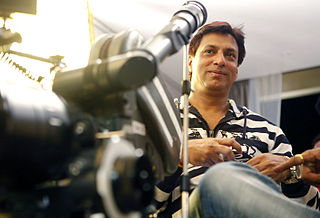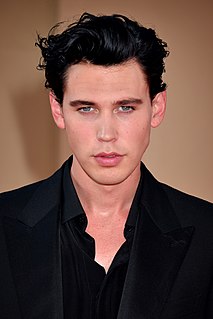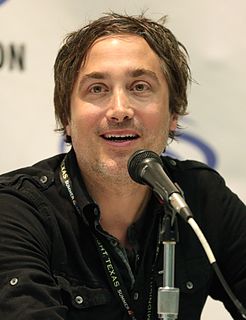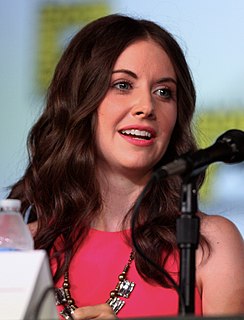A Quote by Jonathan Nolan
Television is very different than working on film. With films, you get to develop a set of characters, and then, at the end of the film, you have to throw them away.
Related Quotes
Different directors have different techniques in the use of films. Cronenberg is very different in the way he works with film, and how he takes the audience into his films is different than how Peter Jackson would do that or Jon Stewart. So, if you go between those artists, you shift gears and you kind of fall into the working method of that film.
It makes it very easy. I have a beginning, middle, and end, and I don't film for long - about 20 hours usually for a two-hour film - so it's easily watchable in a week for me and the editor. Once I know who the characters are, I only film those characters, unless somebody else forces their way into the film by a scene happening to them or we meet them by chance.
Unfortunately, when you're working in film, it's this huge machine, and you've got to get everyone right there, so you get kind of locked into things. I'm not sure where the artistry in film making is. It's usually that moment when you're on set and you're working with the actors. That's the time to play around, the moment of theater. And then you can shape things. But a lot of it is just managing stuff. It's upsetting because you get away from the core.
As I had visualized, 'Heroine' is shaping up to be a very contemporary film with a different premise and strata. This film, like most of my other films, is a blend of facts and fiction. The film has a larger span, more characters, and costumes... a journey that revolves around an actress's life and the showbiz.
I've actually done more [music for] films than television. I love the process of writing for a film. I love that you are creating this suite of music for a film, that's all tied together sonically and thematically and hopefully people associate with the film. They all are meaningful to me in different ways.
I often find in the film world, that it's very self-referring. If you talk to someone about films, they talk about them in terms of other films - rather than as something that happened to them in their life. And I'm really keen to get back to film as a reference to real things, not necessarily to other films.
African films should be thought of as offering as many different points of view as the film of any other different continent. Nobody would say that French film is all European film, or Italian film is all European film. And in the same way that those places have different filmmakers that speak to different issues, all the countries in Africa have that too.
When I first started making films 30 years ago, people would comment that I was a woman. But strangely, when I was in television, no one ever mentioned that I was a woman. Maybe it was because television and film were different. There were more women working in television than men. There was no split in terms of work - everyone was considered equal
One thing that is very different technically is that you don't get a lot of coverage in television. Not like you do on a film. I know we don't have time for separate set-ups, so I will design a scene where I'm hiding multiple cameras within that set-up. That way, if I don't have time to do five set-ups, I can do four cameras in one set-up. It's a different kind of approach for that. For the most part, a lot of television, in a visual sense, lacks time for the atmosphere and putting you in a place.




































